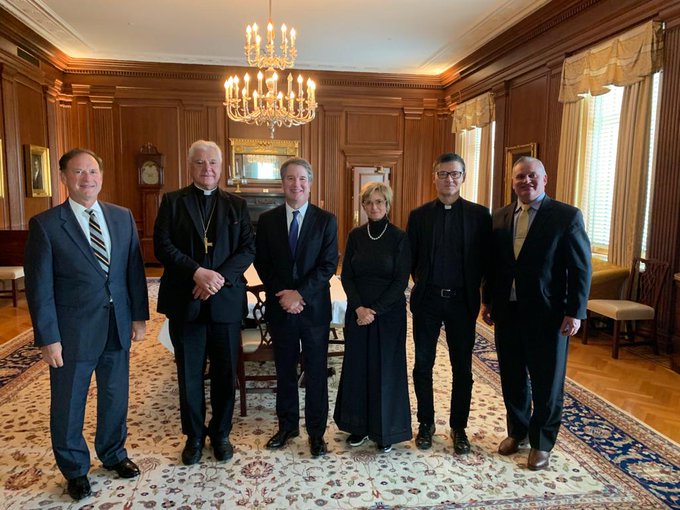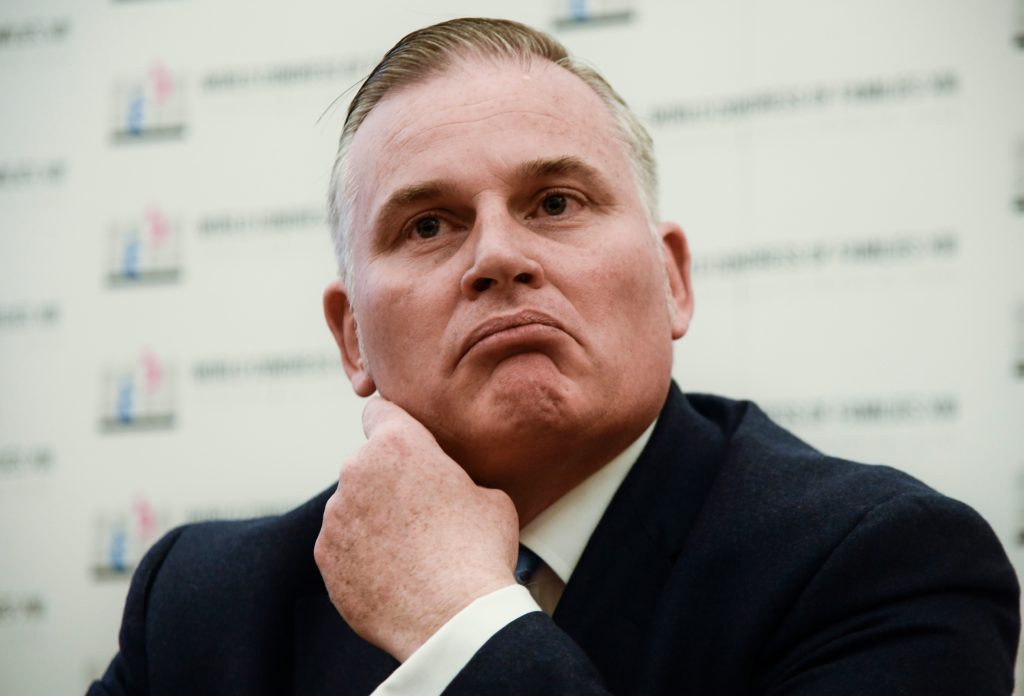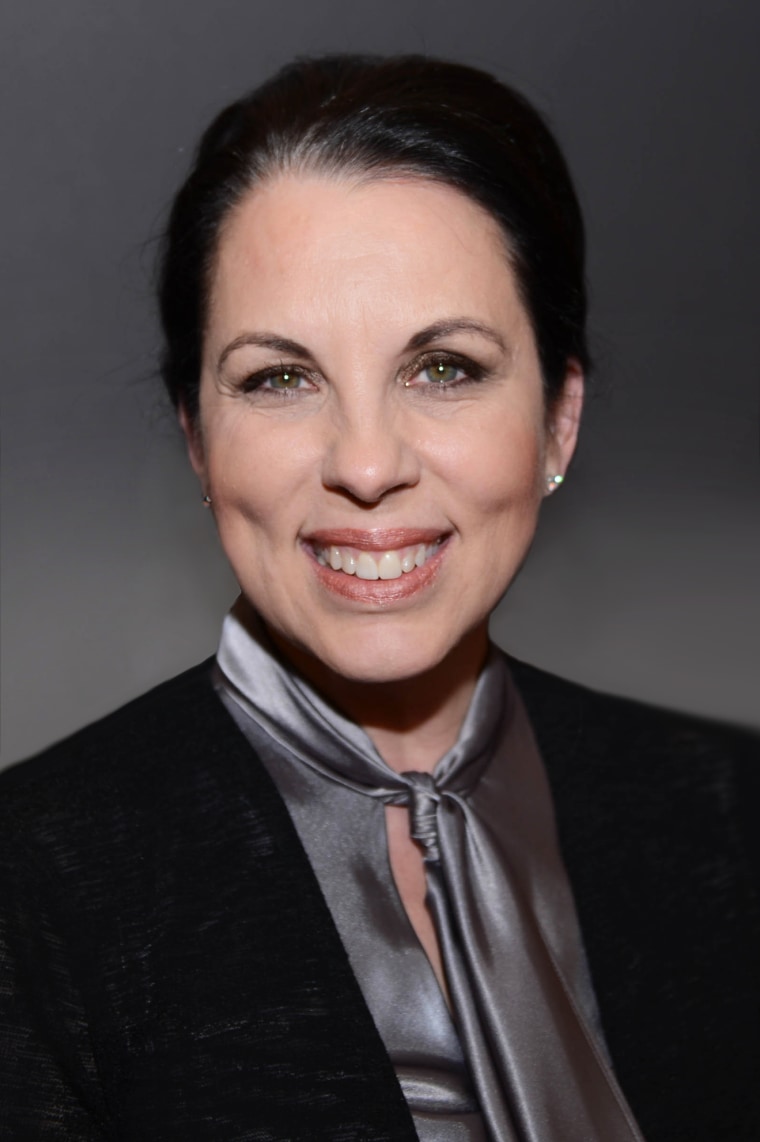Trump is Abandoning Vulnerable LGBT Migrants to Face Abuse at Mexican Border
Vulnerable LGBT+ migrants are being kept in Mexican border cities to face violence and abuse, despite the fact that they are supposed to be excluded from Trump’s Remain in Mexico program.
Remain in Mexico, technically know as the Migrant Protection Protocols program (MPP), was implemented in January 2019 and means that asylum seekers and migrants waiting to be processed by the US government must wait on the Mexican side of the border.
The Department of Homeland Security (DHS) said that “individuals from vulnerable populations” would not be subject to the Remain in Mexico, and that it would only send back those who were “not to be more likely than not to face persecution or torture in Mexico”.
However it has been consistently proven that LGBT+ people are among the most vulnerable.
According to the San Diego Union-Tribune, the UN High Commissioner for Refugees found in 2017 that 88 percent of Central American LGBT+ migrants had been victims of sexual and gender-based violence in their home countries, and two thirds had experienced the same violence in Mexico.
The newspaper spoke with one 24-year-old trans migrant from Honduras, Katherine Hernandez, who was placed in Tijuana while she waits for US authorities to process her case.
While Hernandez faced violence in her own country that forced her to flee, but now in Mexico she is still in huge danger.
She said that last year, armed men robbed the shelter she was staying in with other LGBT+ people. Around the same time, someone wedged the door shut with a mattress and set it on fire. She said she rarely leaves her room now.
In a recent assessment of the Remain in Mexico process, DHS said the Trump administration had returned more than 55,000 migrants to Mexico, and had completed just 13,000 cases. It estimates that 20,000 people are currently held in Mexico, which is says proves that MPP works because “a significant proportion of the 55,000+ MPP returnees have chosen to abandon their claims”.
Migrants who express fear of torture or persecution if returned to Mexico are subjected to a “fear screening”. The assessment states that just 13 percent were judged as adequately fearful, and not returned to Mexico.
It added that the administration thinks the “result is unsurprising, not least because aliens amenable to MPP voluntarily entered Mexico en route to the United States”.
Ursela Ojeda, a policy adviser at the Women’s Refugee Commission, told The Guardian: “When you see people not showing up for their court hearing in Remain in Mexico, you have to wonder what happened to the people who aren’t there.
“There is no way to know why they just missed court – they could have been kidnapped, they could have been killed, they could have been put on a bus by the Mexican government and shoved to another part of the country with no way to get back.”



